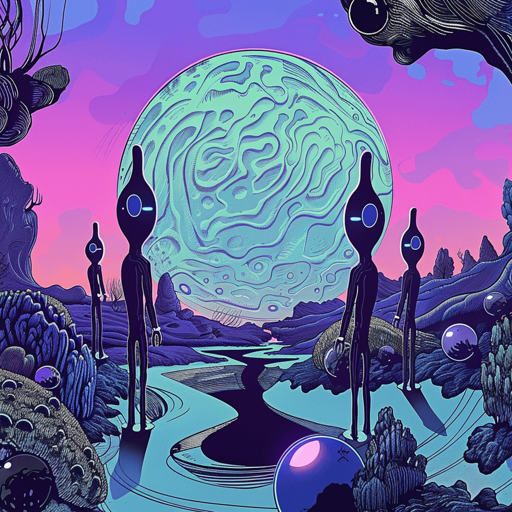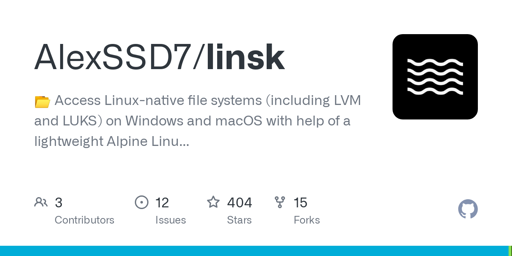☆ Yσɠƚԋσʂ ☆
- 145 Posts
- 266 Comments

 51·19 days ago
51·19 days agoClearly, trolling is your passion as evidenced by this very thread.

 34·25 days ago
34·25 days agoEveryone should delete these spyware tools from their devices.

 41·1 month ago
41·1 month agobasically, don’t ever install meta apps on any of your devices and use a browser that has good tab isolation, always use Firefox would be my advice

 21·2 months ago
21·2 months agoI’d argue this is a good example of LLMs being used by artist to create nice looking art https://www.youtube.com/watch?v=envMzAxCRbw

 92·3 months ago
92·3 months agoI mean, Id did this for years with Quake engines as well, so we kind of know how this works out. The assets tend to be the really difficult part for open source community to replicate. Still cool that they’re doing it though.
Incidentally, this is where AI tools could really help open source community to make it easier to create nice looking open assets for the game engines like this.
Let’s say it is, so what? The actual question to ask whether the text conveys useful information to the reader or not. Whether LLM was used to make the content more readable is completely irrelevant.

 6·3 months ago
6·3 months agoDoes it identify people like Kid Starver who are murdering the disabled on an industrial scale?
What specifically isn’t true?

 21·3 months ago
21·3 months ago‘democracy’

 71·4 months ago
71·4 months agofor sure, this is a very resilient approach that makes it incredibly difficult to take code down

 31·4 months ago
31·4 months agolooks that way

 23·4 months ago
23·4 months agoI wasn’t curious enough to look deeper.

 22·4 months ago
22·4 months agothe world adapts :)

 421·4 months ago
421·4 months agoUS likes to impose arbitrary sanctions on its adversaries. Basically the US government decided that people from a particular country aren’t allowed to collaborate with people using US based platforms like GitHub.

 88·4 months ago
88·4 months agoOrganicMaps GitHub repo was blocked due to contributor being geolocated in a US-sanctioned place https://mastodon.social/@organicmaps/114155428924741370
Yeah, Huawei demonstrates that worker ownership works at scale and that a worker owned company is just as efficient and competitive as the best oligarch funded companies. It’s a threat of a good example.
Mr Ren is the founder, and the company was started as a cooperative as I recall. The total size of the company is 207,000 people, but typically people have to work at a company for a bit before becoming part of the cooperative. Hence why there non owner members.
Indeed they do
Ownership
Huawei Investment & Holding Co., Ltd. is a private company wholly owned by 151,796 of its employees and retired beneficiaries, as of December 31, 2023. Mr. Ren’s investment accounts for nearly 0.73% of the company’s total share capital.















thank you for gracing us with an example of how a thirteen year old understands the world